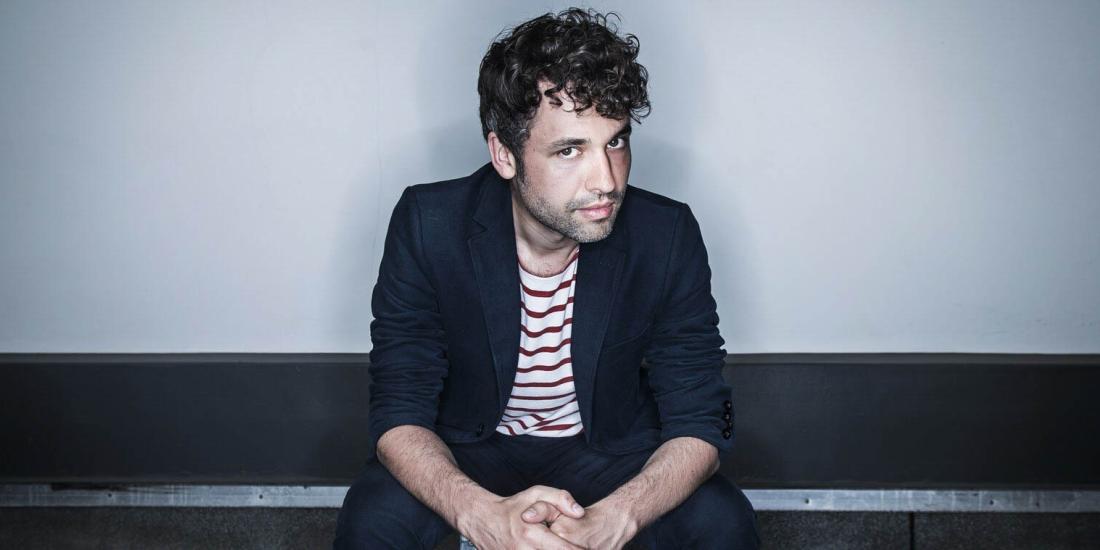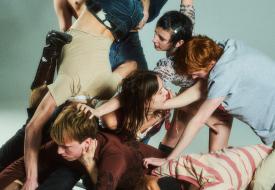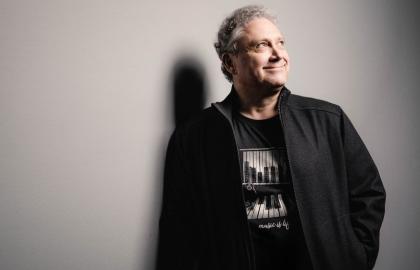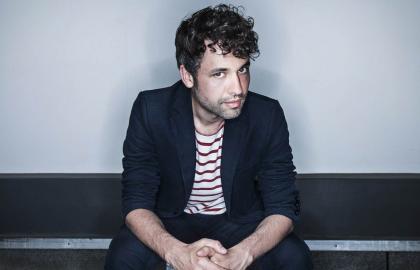How do you think classical music can be conveyed to a wider audience?
Thomas Vanderveken: “By not acting like a missionary. Music played live is special because there’s no equivalent: the craftsmanship, many layers, creativity and depth of the music is incomparable. What’s more, only the best of the last five hundred years has survived the test of time; all the rest has been filtered out. I believe everyone loves classical music – it’s just that some people don’t realise it yet.”
How do you approach it in Symphonic Dates?
Vanderveken: “We move away from the stereotypical format of a classical concert. The BNO performs a one-hour programme, in which they play one piece. This is a way to appeal to different target groups: people with children and those who want to go for something to eat or drink before or after the concert, rather than spending the whole afternoon or evening in the concert hall.
At the beginning of each Symphonic Date I give a… (he casts around for the right word) ‘wake-up introduction’. I use images and humour to explore the context, the composer’s personality and the specificity of the music itself, and I make a connection with the present day. In short, my job is to help people grasp the essence in ten minutes.”
“In our world of scrolling and short attention spans, classical music remains an overwhelming experience. It also inspires us in the present day, time and again."
What was your introduction to classical music, and how did it grow into a passion?
Vanderveken: “My father was an actor and director, and he was always looking for music for his productions. We had a big record collection at home; classical was one of many styles. I started learning the violin when I was four, and the piano when I was five. That is how music gained a power of attraction over me, and when I went to the conservatory, it became a definitive part of my life.”
Do Beethoven’s Pastoral and Dvořák’s New World Symphony have a special significance for you?
Vanderveken: “Dvořák certainly does: I was six when I came across some of his themes in my piano book and learned to play them. Then my father let me hear the orchestral version, and I was hooked: it was a magical moment that I cherish. Incidentally, this symphony seduced the American public. Dvořák moved to the States to become the head of the New York conservatory. He surprised the audience by using Native American melodies for inspiration, and the work immediately attracted a wide audience. The same happened with Beethoven’s Pastoral Symphony: it’s a story told in music, which was especially progressive at the time. Beethoven also pushed back the limits of what a symphony could do.”
What tips can you already give us?
Vanderveken: “Listening to recordings is certainly a good way to prepare! But nothing compares to the live experience, of course. In our world of scrolling and short attention spans, classical music remains an overwhelming experience. It also inspires us in the present day, time and again. Take the Pastoral Symphony: what does our experience of nature mean to us today? Maybe Beethoven’s music brings us a little closer to nature. It inspires me to live my life better.”



